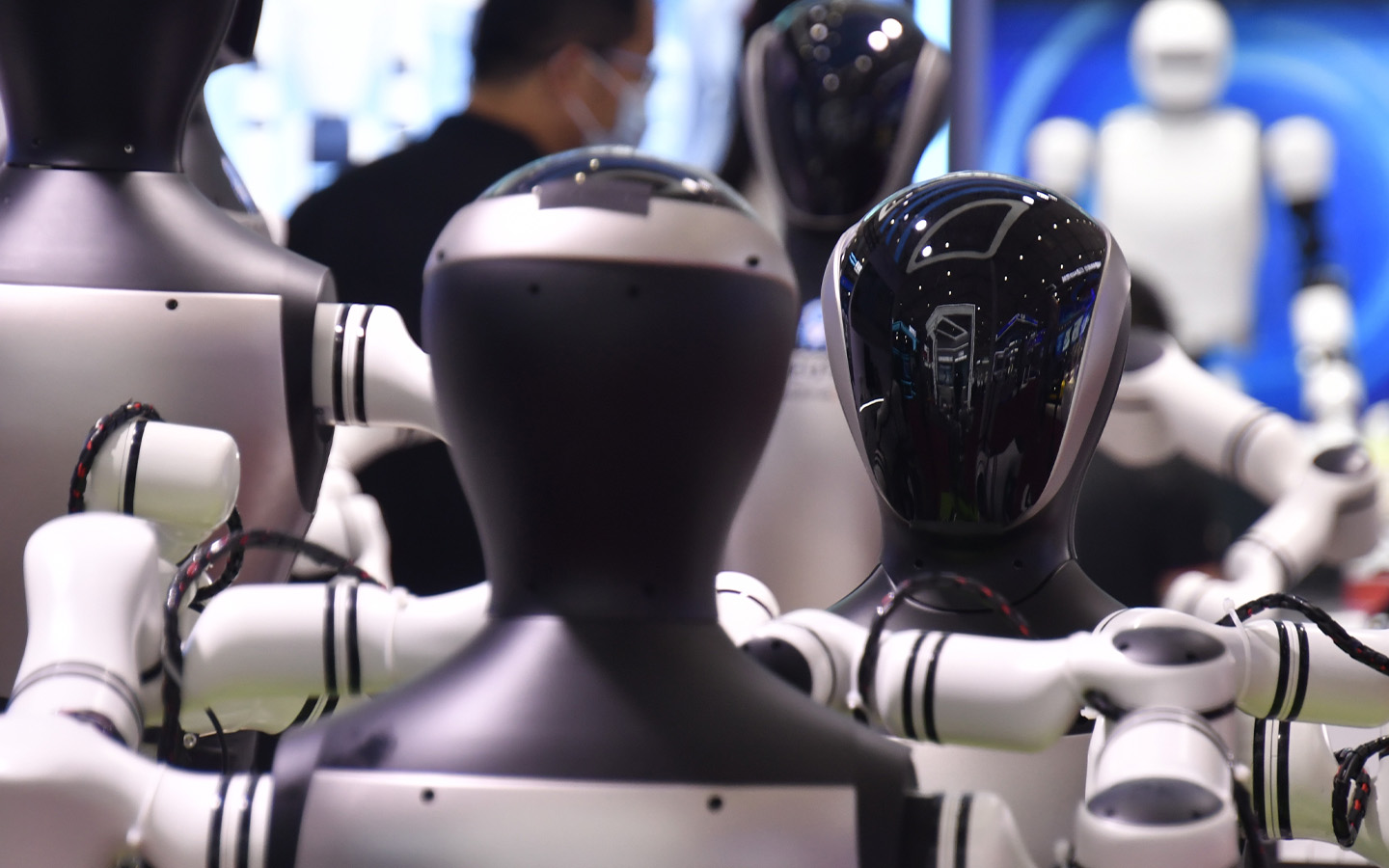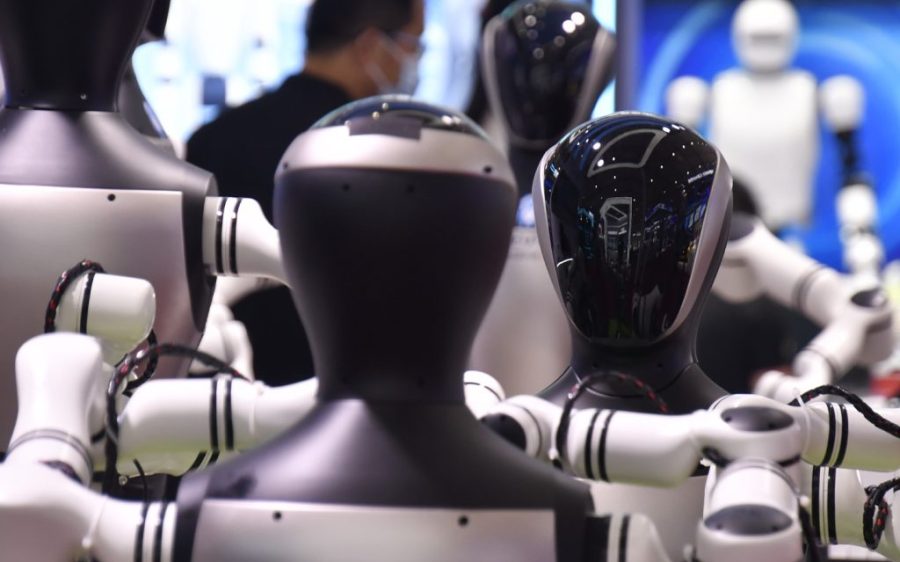A Guangzhou-based robotics company says it is close to producing a humanoid robot capable of carrying a pregnancy, with a prototype expected as soon as next year, Newsweek reports.
Zhang Qifeng, founder of Kaiwa Technology, told mainland tech media that the device would combine a humanoid form with an artificial womb. “We want to integrate a gestation chamber into a humanoid robot and build an artificial womb so it can carry a full-term pregnancy ‘in the normal way,’” he said.
“Some people don’t want to get married but still want a ‘wife’; some don’t want to be pregnant but still want a child. So one function of our ‘robot wife’ is that it can carry a pregnancy.”
[See more: ‘Humanoid’ robots could soon become common in China, says Morgan Stanley]
Surrogacy is banned in the mainland, and Zhang has suggested his robots could be a legal workaround – with a maximum price point of 100,000 yuan (US$13,900).
While it’s unclear if Chinese authorities would approve such a thing for sale, humanoid robots are a fast-developing sector in the mainland. JP Morgan has predicted their real-world adoption will start accelerating in the late 2030s, with the vast majority of these robots being used for industrial and commercial purposes.
One obstetrician at the University of Wisconsin–Madison, Yi Fuxian, told Newsweek that Kaiwa Technology’s pregnancy robot struck him as a “gimmick” that could lead to “serious health and ethical risks”.
The concept has attracted widespread attention online, trending on Weibo after Zhang’s interview was published. Supporters pointed to its potential to address China’s entrenched fertility challenges, while many others, like Yi, voiced scepticism about its feasibility and ethical implications.






